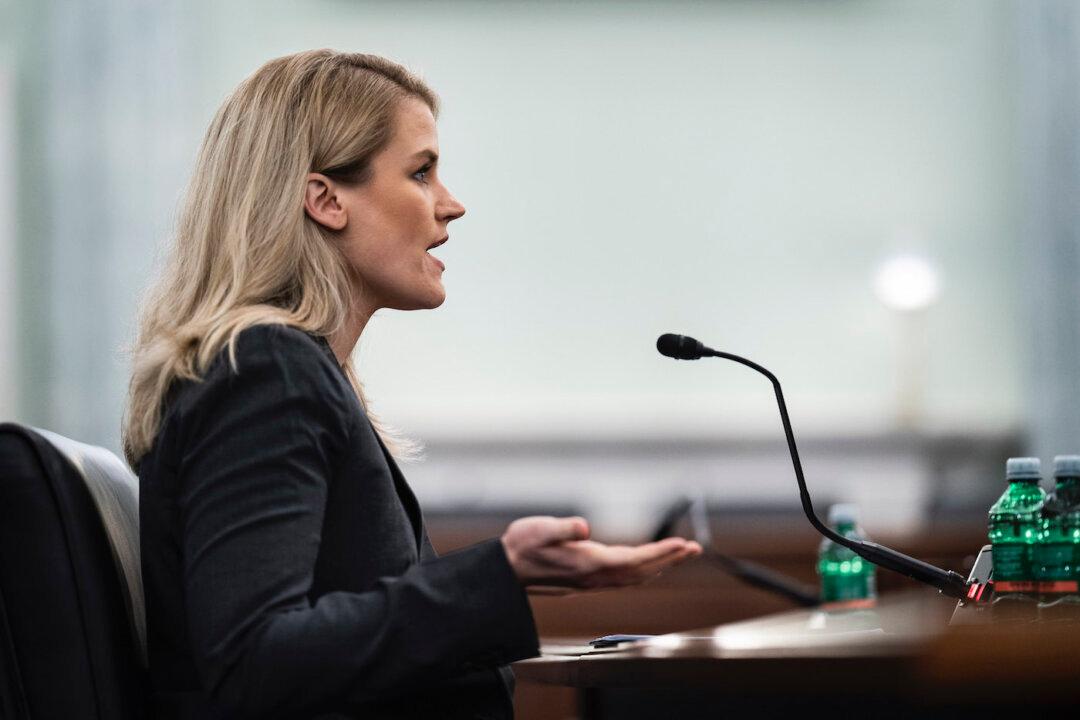Facebook whistleblower Frances Haugen during Tuesday’s Senate hearing cited ethnic violence in Myanmar and Ethiopia as examples of the “destructive impact” that the social media platform has had on society.
The former Facebook employee suggested before lawmakers that there is a link between Facebook activity and the violence in the regions. The social media platform’s algorithms facilitate hate, Haugen said, and therefore put profit before user safety.





